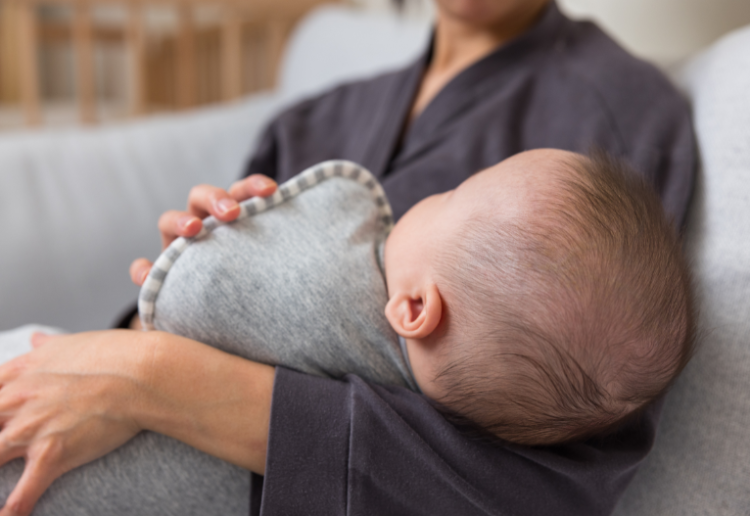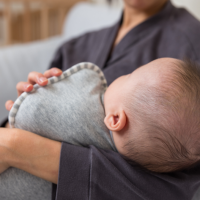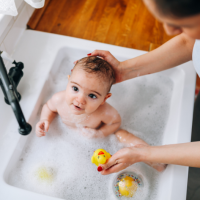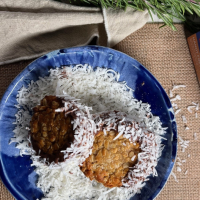Australia has recorded its first human case of bird flu, after a Victorian child was diagnosed with avian influenza A (H5N1).
The Victorian Department of Health confirmed that the child returned to Australia from India, and tested positive in March 2024. While the child did experience a ‘severe infection’ they are no longer unwell, and contact tracing hasn’t identified any further cases connected to the case.
The Department said transmission to humans is very rare, with only a small number of human cases of H5N1 reported worldwide, with some resulting in death.
“This is the first confirmed human case of highly pathogenic avian influenza in Australia, and the first time the H5N1 strain has been detected in a person or animal in Australia,” Dr Clare Looker, Chief Health Officer explained in her health advisory notice.
While there are many different strains of avian influenza, most don’t infect humans. Some, like H1N1 are more likely to cause death and disease in poultry. The USA is currently experiencing outbreaks of HPAI (H5N1) in dairy cows, with one recent human case in a dairy worker. The Department said while the Victorian case is HPAI (H5N1), it’s not the same as the strains that have caused these outbreaks in the USA.
The first human case in Australia comes as hundreds of thousands of chickens at a Victorian egg farm were euthanised after a bird flu detection. The Department said the child has no links to the egg farm outbreak.
Who is at risk from bird flu?
The Department said the transmission of avian influenza from birds or animals to humans is very rare, and most people aren’t at risk unless they’ve had contact with infected animals, while in affected areas of the world.
In rare cases avian influenza can pass from human to human with prolonged contact.
Symptoms of H5N1 may include fever, cough, headache, aching muscles and respiratory symptoms, as well as conjunctivitis and gastrointestinal symptoms.
People travelling to areas affected by avian influenza should:
- avoid poultry farms and live bird “wet” markets
- avoid contact with wild or domesticated birds
- wash their hands thoroughly after handling birds and uncooked poultry products such as meat or eggs
- ensure that poultry or poultry products are cooked thoroughly before eating





















9:18 am
5:21 am
9:15 pm
7:25 pm
6:39 pm
-

-
-
-
Ellen replied
- 24 May 2024 , 7:43 am

Reply6:37 pm
5:48 pm
5:35 pm
5:10 pm
5:09 pm
4:46 pm
4:45 pm
4:41 pm
3:17 pm
2:52 pm
- «
- 1
- 2
Post a commentTo post a review/comment please join us or login so we can allocate your points.